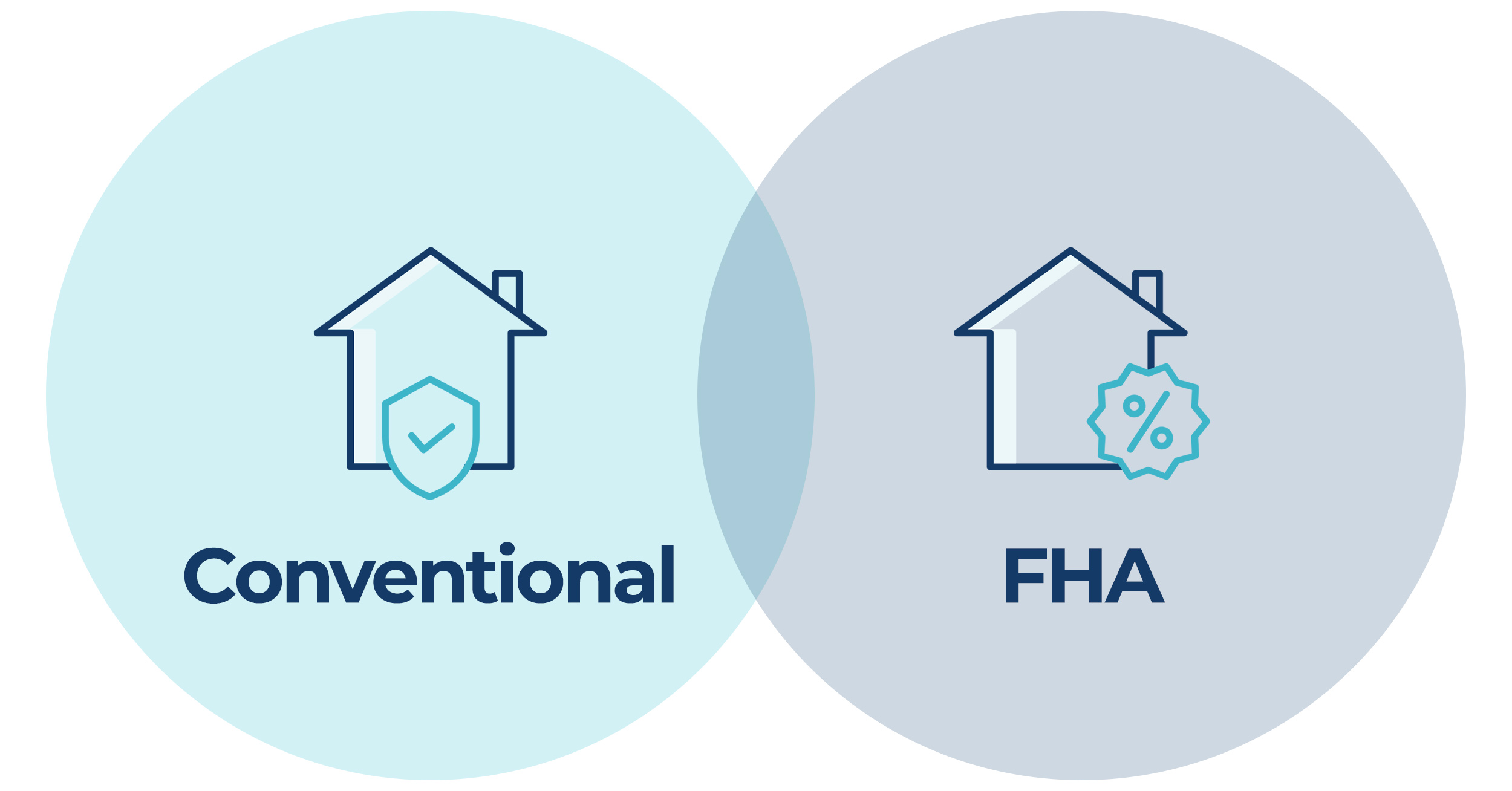
Fixer-Upper Financing Showdown: FHA 203k vs. Conventional Renovation Loan
8/18/2024
Alright, millennial home renovators! We've explored the nitty-gritty of FHA 203k loans and the exciting world of transforming fixer-uppers. But before you embark on your renovation adventure, a crucial decision awaits: FHA 203k loan or conventional renovation loan? Here's a breakdown to help you choose the financing option that best suits your needs.

FHA 203k Loan: Government-backed Goodness
- Lower Down Payment: The FHA 203k allows for a minimum down payment of 3.5%, making it easier to qualify for financing, especially for first-time homebuyers. #LowDownPaymentLove
- More Flexible Credit Requirements: The FHA 203k has less stringent credit score requirements compared to conventional loans. You may still qualify with a score as low as 500 (with a higher down payment). #CreditScoreFlexibility
- Renovation Costs Included: The FHA 203k loan allows you to finance the purchase price of the fixer-upper plus the cost of renovations, all rolled into one convenient mortgage. #RenovationFinancingWrappedUp
- Government Oversight: The FHA program comes with additional regulations and inspections, ensuring a certain level of quality control during the renovation process. #FHAInspectionHurdle
Conventional Renovation Loan: Streamlined Simplicity
- Potentially Lower Interest Rates: Conventional renovation loans often offer lower interest rates compared to FHA 203k loans, potentially saving you money over the life of the loan. #InterestRateAdvantage
- Faster Closing Times: The conventional loan process can be quicker and less bureaucratic compared to the FHA 203k program. #FasterClosingTime
- More Freedom with Renovations: Conventional loans may offer more flexibility in the types of renovations you can undertake, with fewer restrictions on cosmetic upgrades. #RenovationFlexibility
- Larger Down Payment Required: Conventional renovation loans typically require a higher down payment, usually between 10% and 20% of the combined purchase price and renovation costs. #HigherDownPaymentHurdle
So, Which Loan is Right for You?
The ideal choice depends on your financial situation and renovation plans. Here's a quick guide:
- Choose FHA 203k if:
- You have a lower credit score or limited down payment savings.
- You need to finance the entire renovation project.
- You prefer the structure and oversight of the FHA program.
- Choose a Conventional Renovation Loan if:
- You have good credit and a larger down payment saved up.
- You prioritize a faster closing time and potentially lower interest rates.
- You have more specific renovation plans that might not be allowed under FHA guidelines.
The Takeaway:
There's no one-size-fits-all answer. Weigh your financial strengths, renovation goals, and risk tolerance when making your decision. Consulting with a qualified mortgage professional can help you explore both options and choose the loan that best sets you up for success in your fixer-upper transformation journey! #FixerUpperFinancingVictory #FHA203k #ConventionalRenovationLoan
